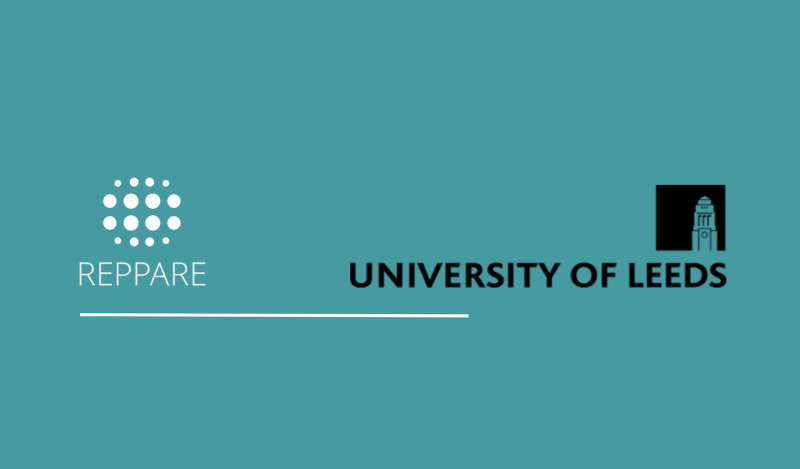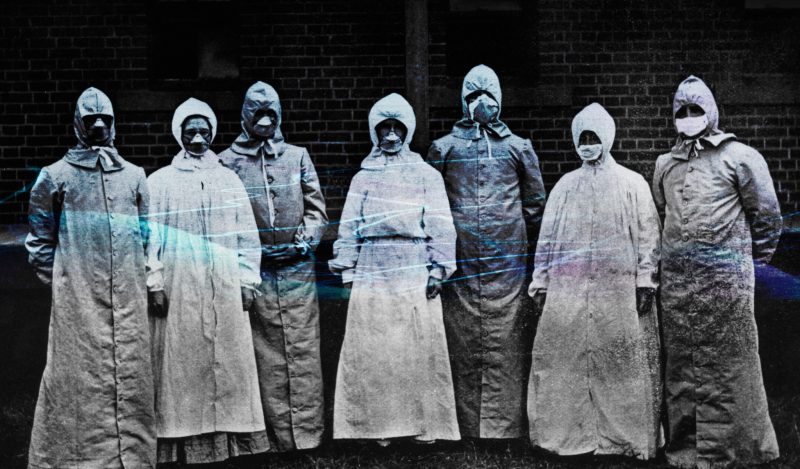SHARE | PRINT | EMAIL
We agree that the international community should continue to support less-resourced members. However, we disagree that this should consist of perpetual and increasing... Read more.
SHARE | PRINT | EMAIL
Innovative financing looks to be yet more false advertising for global health financing reform, where its ‘huge untapped potential’ mainly lies with how to further... Read more.
SHARE | PRINT | EMAIL
After three years of negotiation, the delegates of the Intergovernmental Negotiating Body (INB) agreed on the text of the Pandemic Agreement, which now goes for... Read more.
SHARE | PRINT | EMAIL
The attempt to codify the concept that individualism is a threat to health into international law, through the draft Pandemic Agreement, should alarm us all. Those... Read more.
SHARE | PRINT | EMAIL
On January 20th, 2025, President Donald Trump signed an executive order “withdrawing the United States from the World Health Organization.” The US will “cease”... Read more.
SHARE | PRINT | EMAIL
Modeling can assist in raising questions to be answered by research. Technological advances have contributed to the reduction in infectious diseases, including pandemic... Read more.
SHARE | PRINT | EMAIL
The REPPARE project is just over the midway point. This document outlines progress made and some of the key impacts it has had so far. We have broken down the update... Read more.
SHARE | PRINT | EMAIL
On June 1, 2024, the World Health Assembly (WHA) adopted a series of new amendments to the International Health Regulations (IHRs). The World Health Organization... Read more.
SHARE | PRINT | EMAIL
Given the poor evidence underlying pandemic cost and financing estimates, it is prudent not to rush into new pandemic initiatives until underlying assumptions and... Read more.
SHARE | PRINT | EMAIL
Disproportionate pandemic preparedness based on these false premises risks a significant opportunity cost through unnecessary diversion of financial and political... Read more.
SHARE | PRINT | EMAIL
All public health interventions have costs and benefits, and normally these are carefully weighed based on evidence from previous interventions, supplemented by... Read more.
SHARE | PRINT | EMAIL
Continuously conflating the concept of pandemic preparedness and PHEIC only creates confusion while obscuring the obvious political processes involved. If the WHO... Read more.








